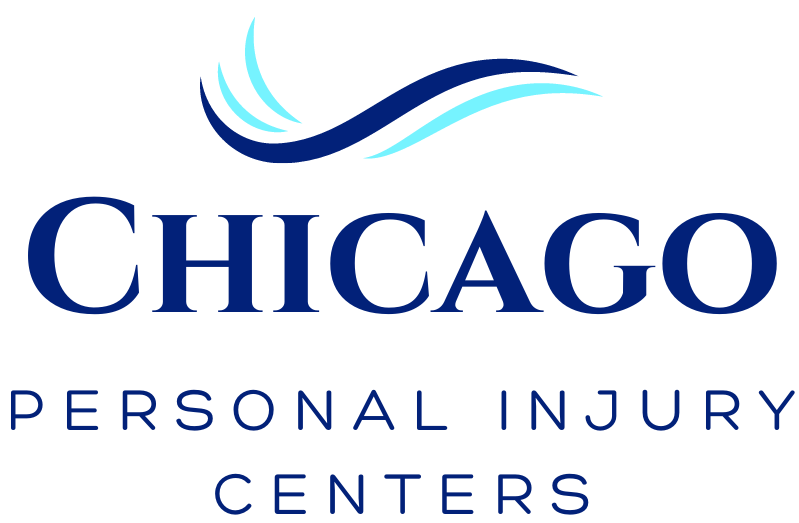Being injured in an accident can be a stressful and overwhelming experience. On top of dealing with the physical pain and emotional trauma, you also have to navigate the complexities of filing an insurance claim. Insurance companies can be difficult to deal with, and it’s important to know your rights and take steps to protect yourself.
7 Tips for Dealing With Insurance Companies
Here’s a breakdown of crucial steps to remember, along with tips to strengthen your claim:
1. Prioritize Your Health: Seek Medical Attention Immediately
This isn’t just an insurance claim tip; it’s crucial for your well-being. Getting immediate medical attention ensures proper diagnosis and treatment, creating a medical record that serves as vital documentation for your claim. Remember, delayed treatment can raise questions about the severity of your injuries and potentially weaken your case.
2. Inform Your Insurance Company Promptly
Don’t wait to report the accident, even if fault is unclear. Promptly informing your insurance company allows them to initiate the claims process and potentially provide coverage for initial medical expenses. Remember, reporting delays can be used against you, so act swiftly.
3. Become a Detective: Gather Comprehensive Evidence
Building a strong case involves collecting evidence that paints a clear picture of the incident. This includes:
- Accident Scene Photos: Capture the scene from various angles, documenting damage to vehicles, property, and any road hazards.
- Injury Photos: If possible, take clear photos of your injuries soon after the accident, and continue documenting their progression over time.
- Witness Statements: If there were witnesses, obtain their written statements describing what they saw and heard.
- Police Report: Acquire a copy of the official police report, which often contains crucial details about the accident.
- Medical Records: Gather all medical records related to your injuries, including doctor’s notes, prescriptions, and treatment plans.
- Other Relevant Documentation: Keep copies of any communication with insurance companies, repair estimates, receipts for medical expenses, and lost wage documentation.
4. Be Wary of Your Words: Guard Your Statements
Insurance adjusters are trained to extract information that can minimize your claim. Remember, you are not obligated to answer every question, and you certainly shouldn’t admit fault. Stick to the facts, avoid speculation, and politely decline to answer anything beyond the requested information. If unsure, consult with an attorney before proceeding.
5. Maintain a Paper Trail: Document Every Interaction
Keep detailed records of all communication with the insurance company, whether phone calls, emails, or letters. Note the date, time, and content of each interaction, along with the name of the representative you spoke with. This documentation serves as a crucial reference point and helps track the progress of your claim.
6. Don’t Be Tempted by the First Offer: Know Your Worth
Insurance companies often make quick, low-ball offers to settle claims quickly. Remember, these offers rarely reflect the true value of your case. Don’t be pressured into accepting the first offer. Consult with an attorney to understand the full scope of your damages and negotiate a fair settlement that covers your medical expenses, lost wages, pain and suffering, and other potential losses.
7. Seek Professional Guidance: Empower Yourself with a Lawyer
Navigating the complexities of insurance claims can be overwhelming, especially while recovering from an injury. An experienced personal injury attorney can advocate for your rights, protect your interests, and ensure you receive the compensation you deserve. They can handle negotiations with the insurance company, gather evidence, and guide you through the legal process, allowing you to focus on healing.
Bonus Tips
Here are some additional tips for dealing with specific types of insurance companies:
1. Car insurance companies
If you were injured in a car accident, your car insurance company may be responsible for covering your medical bills and other damages. However, your coverage may have limits, and the insurance company may try to deny your claim.
2. Health insurance companies
If you have health insurance, your health insurance company may also cover some of your medical bills. However, your health insurance company may have deductibles, co-pays, and other out-of-pocket costs that you will be responsible for.
3. Homeowner’s insurance companies
If you were injured on someone else’s property, their homeowner’s insurance company may be responsible for covering your medical bills and other damages.
Suffering Pain From a Personal Injury? Get Help For Your Injuries at Chicago Personal Injury Centers
If you have been involved in an accident that was not your fault, seeking compensation for your injuries becomes a possibility. It is essential to prevent further deterioration of your injuries by seeking prompt treatment.
By seeking treatment, you fulfill your duty of care, demonstrating your commitment to your recovery and overall well-being. This proactive approach not only ensures your eligibility for compensation but also promotes a healthier and more successful recovery journey.
Call Chicago Personal Injury Centers today at (773) 482-5800 to schedule your appointment.
